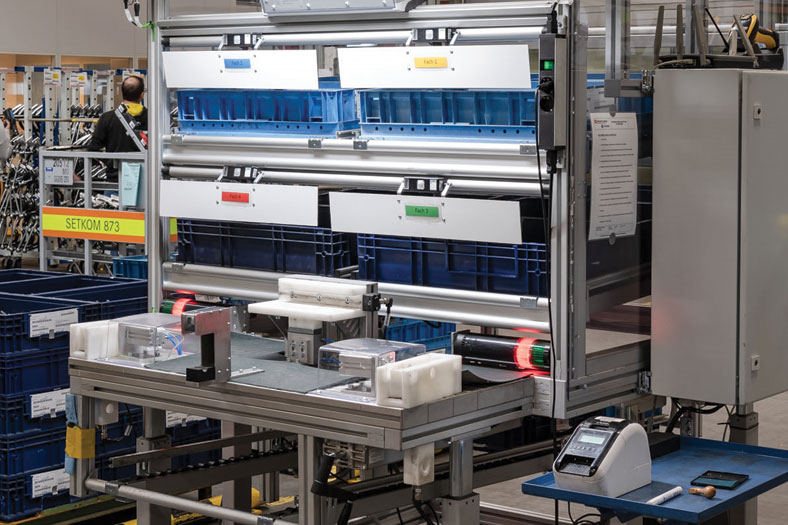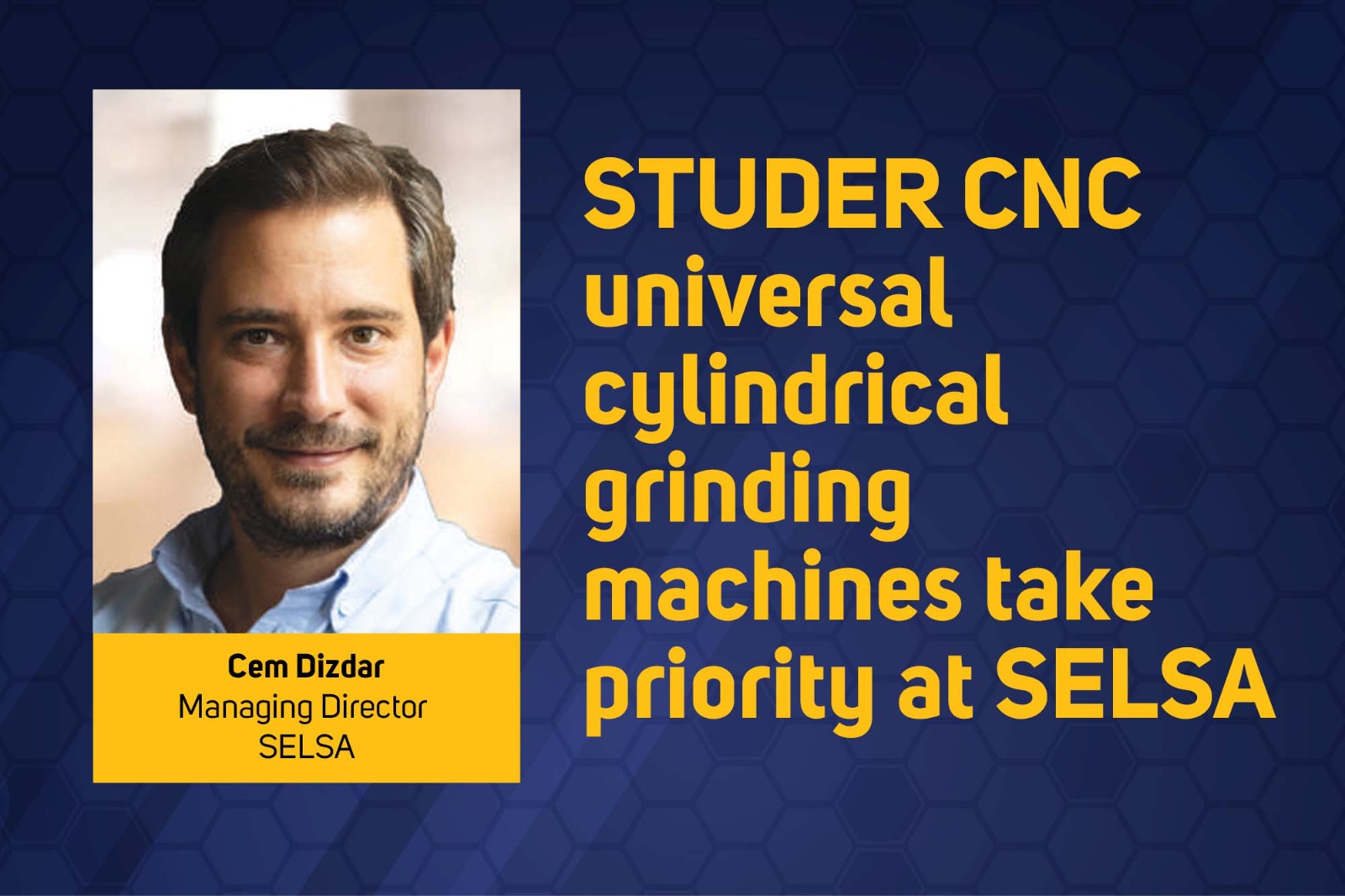Manual work meets modern automation to empower workers with handicaps
By OEM Update Editorial October 7, 2020 4:18 pm IST
In spite of advancing digitalisation, manual workstations are indispensable, because automation is not always profitable with small batch quantities or complex processes. Such workstations are preferred at the Martinshof Werkstatt Bremen, a sheltered workshop for a mixed workforce including people with handicaps, as they are ideally suited for integrating persons with physical or cognitive handicaps into working life.
“Poka Yoke has empowered our workers,” said Miriam Berger, in charge of Production Planning, Martinshof Werkstatt Bremen. “We use automation to avoid mistakes that previously occurred in the production process. Everyone must be able to work smoothly together.”
The Japanese Poka Yoke principle, which aims at the systematic elimination of human errors, coupled with Mitsubishi Electric’s “Guided Operator Solutions,” ensures high quality for Martinshof’s customers,
which include well-known automakers in the region.
With some 2200 employees, Werkstatt Bremen is one of city’s largest employers as well as Germany’s oldest and largest workshops for people with and without handicaps. Apart from job order and contract production in the fields of metal and woodworking, electrical assembly, filling, and packaging, Werkstatt Bremen employs 500 workers alone in the automotive business sector, and has been supplying local automakers for more than 30 years.
Handke Industrie-Technik, a long-standing supplier to Werkstatt Bremen of manual workstations, and a premium solution partner of Mitsubishi Electric, recognised the unique opportunity. Together with Mitsubishi Electric, Handke developed a Poka Yoke solution for adapted working.
The prototype of the error-free workstation convinced the customer, and was installed in the production line. Since May of 2018, a total of four identical zero-error workstations are in use for automotive parts production.
Integrating on-site technology and visualisation
“The main challenge of this project involved the integration of existing technology into the new error-free workstations,” said Nils Knepper, Senior Product Manager Modular PLC/Software at Mitsubishi Electric Germany. “However, thanks to the interfacing features of our Poka Yoke controller, this was not a problem.”
“The need to prevent errors exists everywhere during production and assembly,” remarks Andreas Kebbel, Managing Director of Handke Industrie-Technik. “What is most important is the quick and flexible adaptation to the needs of the persons working there, and to the requirements of the process.”
That is why Mitsubishi Electric and Handke offer their solution in the form of a modular system with a wide range of components and interfaces for operator guidance. Amongst others, these include mechanisms to ensure the correct picking of parts, e.g. light barriers, pick-to-light push buttons (alternatively: pick-to-voice), barcode scanners, and proprietary pick-to-door devices with stroke switches.
Moreover, there are monitoring devices such as electric screwdrivers with torque and angle detection, plus vision systems as well as opportunities for robot integration. HMIs (Human Machine Interfaces) from Mitsubishi Electric’s GOT2000 series are used for displaying the individual process steps, offering direct connectivity to the Poka Yoke controller, and meeting every display requirement from text through graphical symbols up to animations and augmented reality. Depending on requirements, the latest generation iQ-R or iQ-F PLCs can be used as controllers for the guided manufacturing solutions. Mitsubishi Electric’s Guided Operator Solutions can be integrated in to production systems, so that workstations can be networked and resources controlled and monitored in realtime.
Cookie Consent
We use cookies to personalize your experience. By continuing to visit this website you agree to our Terms & Conditions, Privacy Policy and Cookie Policy.


















